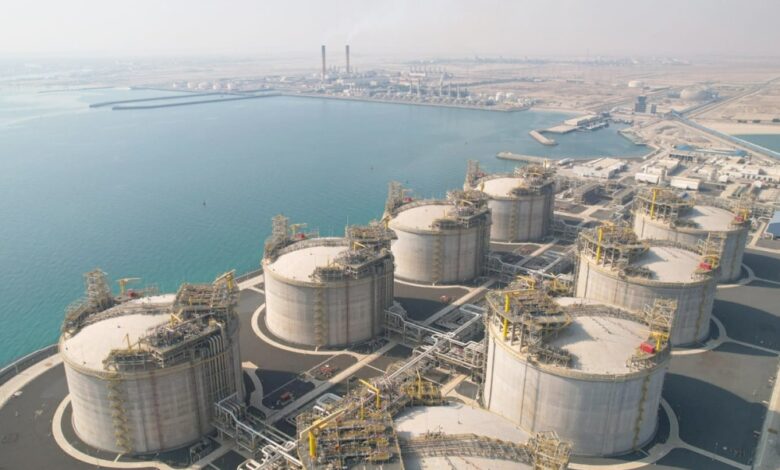IMF report confirms Kuwait’s economy remains heavily dependent on oil

Al-Shall Financial Consulting Company reviewed the press release issued by the International Monetary Fund (IMF) following a visit to Kuwait from September 15 to 22, assessing expectations for the country’s economic and financial performance.
The analysis concluded that the IMF report offered little new information.
On a positive note, the report highlighted that Kuwait achieved real economic growth of 1 percent in the first quarter of 2025, driven by higher growth in the non-oil sector.
The overall economy is projected to expand by around 2.6 percent this year, supported by OPEC+ recovering some of its prior production losses. The report emphasized that Kuwait’s increased share of oil production remains the main driver of growth, while noting that the economy continues to be heavily influenced by oil market fluctuations.
Financial reforms cited in the report are limited. These include a 15 percent tax on multinational corporations—a measure largely considered inevitable under international standards—and the adoption of a public debt law.
However, Al-Shall warned that if debt proceeds are not managed wisely, financing 70 percent of the budget deficit through borrowing, with the remainder drawn from the general reserve, could have negative implications.
The report also highlighted Kuwait’s vulnerability to oil market dependence: the general budget deficit is expected to rise from about 2.2 percent of GDP to approximately 7.8 percent in 2025/2026, while the current account surplus is projected to decline from 29.1 percent of GDP in 2024 to 26.5 percent in 2025. The analysis stressed the urgent need for policies that diversify income sources, enhance economic competitiveness, and bolster non-oil sector growth.
Al-Shall noted that while Kuwait’s financial sector remains stable—with credit growth projected at 6.1 percent in 2025, low non-performing loans, and high coverage—the broader economy remains highly exposed to short-term oil market fluctuations, global economic trends, geopolitical tensions, and OPEC+ production decisions.
The consultancy concluded that the IMF statement primarily confirms two realities: Kuwait’s economy is almost entirely dependent on oil, and the country has yet to implement a comprehensive plan to reduce this dependence.
Follow The Times Kuwait on
X, Instagram and Facebook for the latest news updates




























